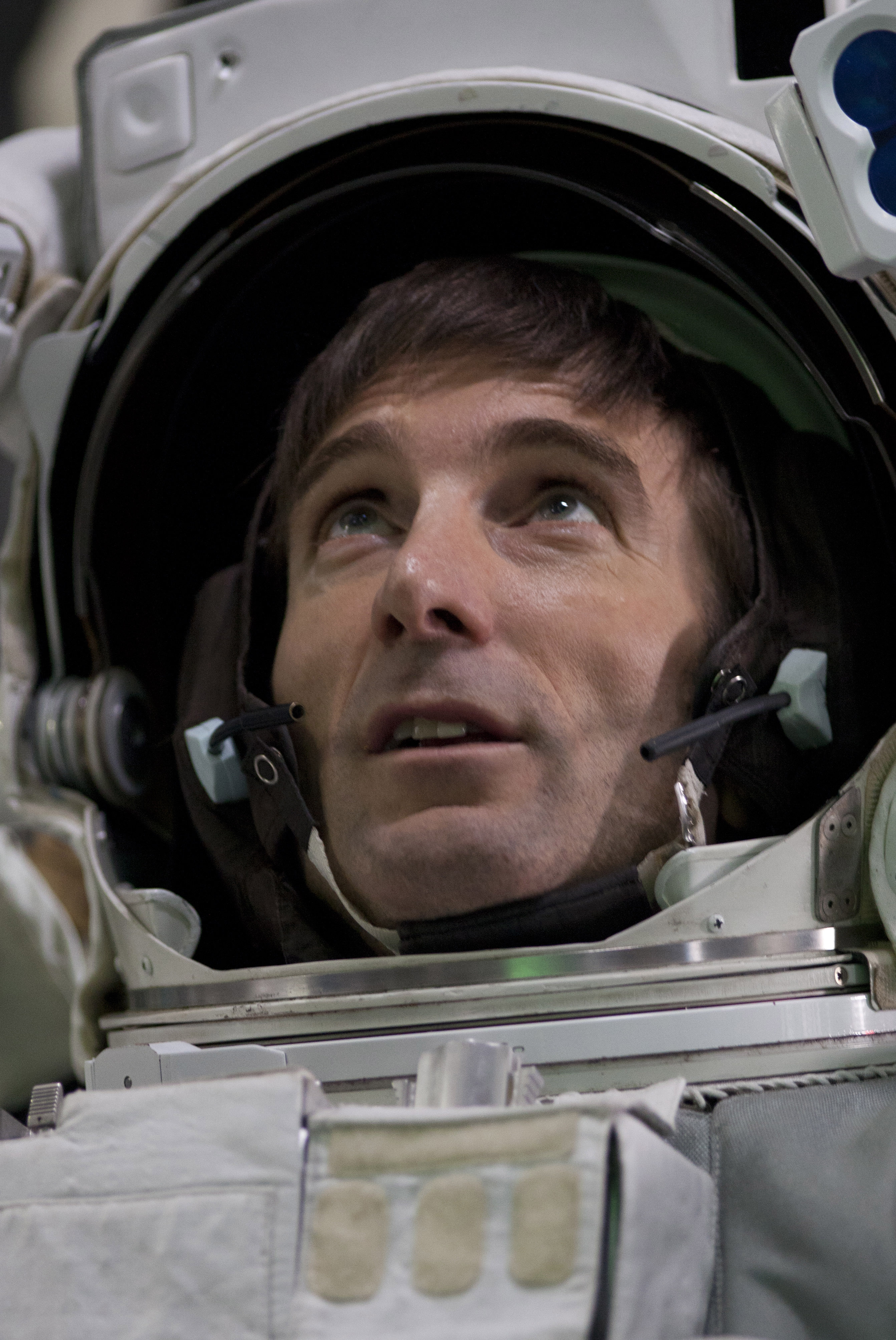Europa Report
Opens Fri., Aug. 9 at Varsity. Rated PG-13. 90 minutes.
Again, space is having its moment. The WALL•E-esque Mars rover Curiosity is a celebrity, as is Canadian astronaut Chris Hadfield for his “Space Oddity” cover from orbit. Again there’s talk of a manned mission to Mars, a new moon base, or any such NASA spending that would provide red-state jobs. In that context, this thrifty little sci-fi picture is both topical and deeply underwhelming. A private European space consortium has launched a probe to Europa, one of Jupiter’s moons, where there’s ice, heat, and the possibility of algae. Life, in other words. The multinational crew of six leaves in 2011. It takes almost two years to reach Europa. En route, however, communication is lost, and the astronauts are feared dead.
Using multiple cameras, split screens, and one large set for the spacecraft interior, Europa Report gets the look and tedium right for more than 20 months of claustrophobic space travel that could end with the discovery of . . . precisely nothing. (If no life is found, the crew rationalize, it’s all part of the scientific process. Some consolation.) As a date-clicker shows the passing weeks and months, however, the galactic quotidian suddenly goes out of sequence. The story skips forward and back, with interviews among the scientists on Earth, the pre-launch press conferences, and past-tense analysis that sounds like post-mortem. Then you realize Europa Report is one of those fake found-footage exercises like The Blair Witch Project. Something bad has happened on the journey, and the movie delays those video revelations for as long as possible.
Unfortunately, that structure doesn’t work. The Earth experts deliver much boring exposition. The space crew’s petty tensions—among four men and two women—aren’t compelling. And the crucial plot turns, like the disappearance of one astronaut, are disguised by the same gimmicky, withholding editing that ruins the entire film. A fateful trip outside the capsule only makes us anticipate Alfonso Cuaron’s Gravity, due in October, with George Clooney and Sandra Bullock.
Written by Phil Gelatt and directed by Sebastian Cordero, Europa Report starts with a pleasing modesty, unlike the space operas of Cameron, Scott, or Lucas. Still, when an astronaut says of Europa’s ice-covered oceans, “This is a much more complex ecosystem than we previously thought,” we expect monsters, we expect The Twilight Zone. Using cheaper budgets and primitive technology, that old show achieved better results than anything seen here.
bmiller@seattleweekly.com








